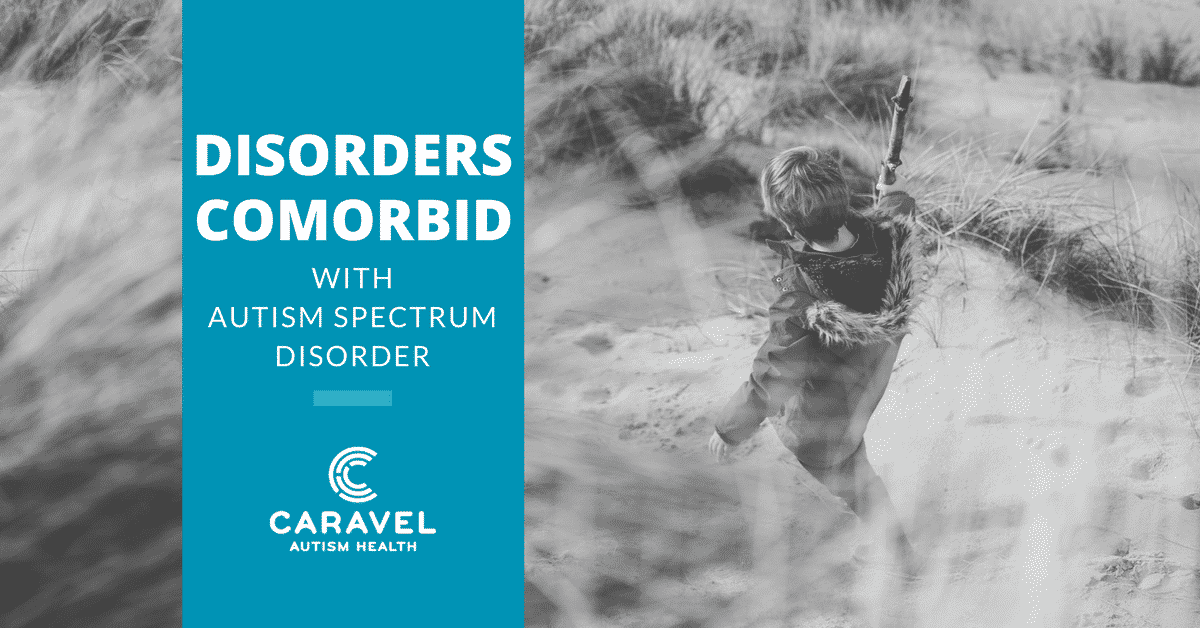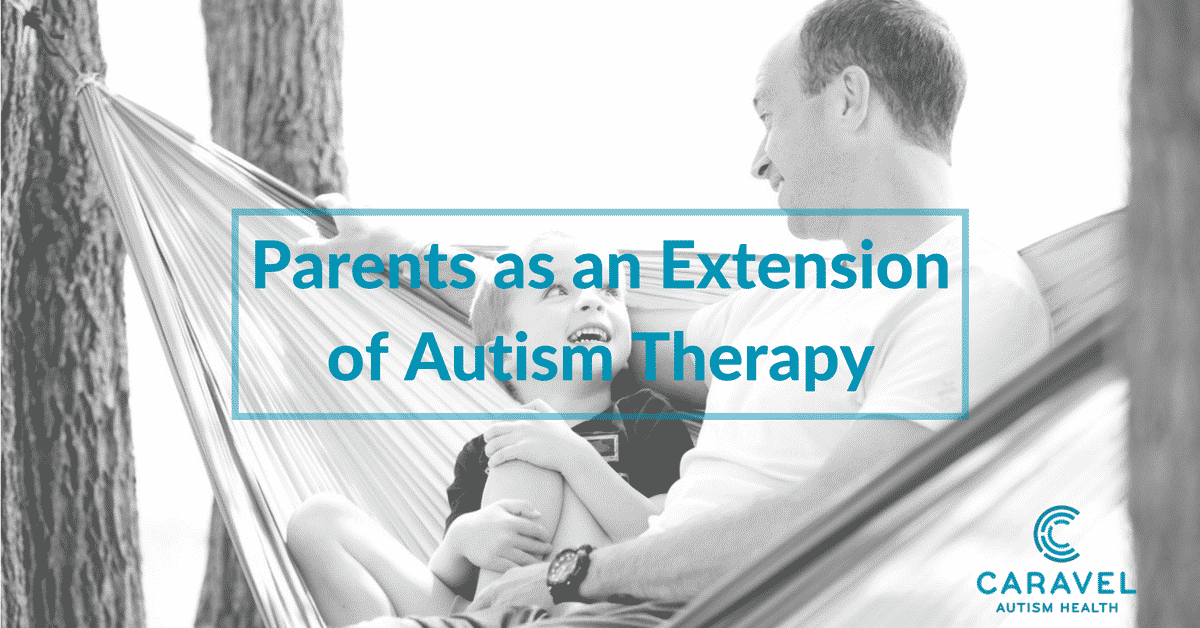As a diagnostician, who focuses on identifying the symptoms and behaviors associated with Autism Spectrum Disability (ASD), one of the most significant challenges is the ruling out of comorbid mental health diagnoses. What does “comorbid” mean? This is a medical way of saying that disorders are occurring at the same time.
The Diagnostic and Statistical Manual of Mental Disorders, Fifth Edition (DSM-5; this is the tool used to assist diagnosticians in the diagnosing of psychiatric disorders), tells us when the criteria for two disorders are met (for example: ASD and Attention-Deficit/Hyperactivity Disorder [ADHD]), we are to give both diagnoses. This is often a challenge as many symptoms typically seen in other disorders can overlap with the symptoms of autism. In earlier blog posts, Dr. Eric Lund has done an excellent job of discussing the similarities and differences between ASD, ADHD, and Oppositional Defiant Disorder (ODD) and I strongly encourage you to review those. In addition to ADHD and ODD, an article posted to the National Institute of Health’s National Center for Biotechnology Information has outlined the following as “psychiatric conditions” that can be comorbid with ASD:
- Depression
- Bipolar Disorder
- Anxiety
- Obsessive-Compulsive Disorder
- Disruptive Behavior Disorder
- Conduct Disorder
- Tourette’s Disorder
- Schizophrenia
While it is not the purpose of this blog post to highlight the differences between the above diagnoses and autism like Dr. Lund has done with ADHD and ODD (though I will do so in future posts), I wanted to highlight the number of disorders that can co-occur with ASD.
In making a diagnosis of autism (or any behavioral/mental health diagnosis for that matter) and ruling out possible comorbid disorders, it is important for the diagnostician to use the following: past history, behavioral observations, assessment data, and clinical judgment. With a disorder like ASD that typically comes with significant social deficits, behavioral observations and interactions with the child or adolescent are vital to making a good diagnosis and ruling out other causes of behavior. Further, using assessment tools (such as measures of adaptive skills and general behavioral functioning) are invaluable in supporting a diagnosis of autism spectrum disorder versus other possible explanations (read “explanations” as “diagnoses”) for behavior.
Making a diagnosis of ASD can be challenging at times, which is why 1) many providers do not make the diagnosis themselves – stating that there are “signs,” “features,” or “red flags” – and refer the child or adolescent to a different provider for a diagnosis, and 2) many providers get the diagnostic profile wrong – labeling the behavior as something else (for example, ADHD, ODD, etc.). When bringing your child in for a diagnostic assessment if there is a suspicion of autism, not only is it important to ensure that the diagnostician is very familiar with ASD, but he or she should be well-versed in the other psychiatric disorders that can present comorbidly as well.
Obtaining the proper diagnosis is the first step to helping a child who may be living with autism. Here at Caravel Autism Health, we have trained diagnosticians who perform thorough evaluations. If you believe that your child may have an autism spectrum disability, please take our Pediatric Development Screener or contact us to learn more.





